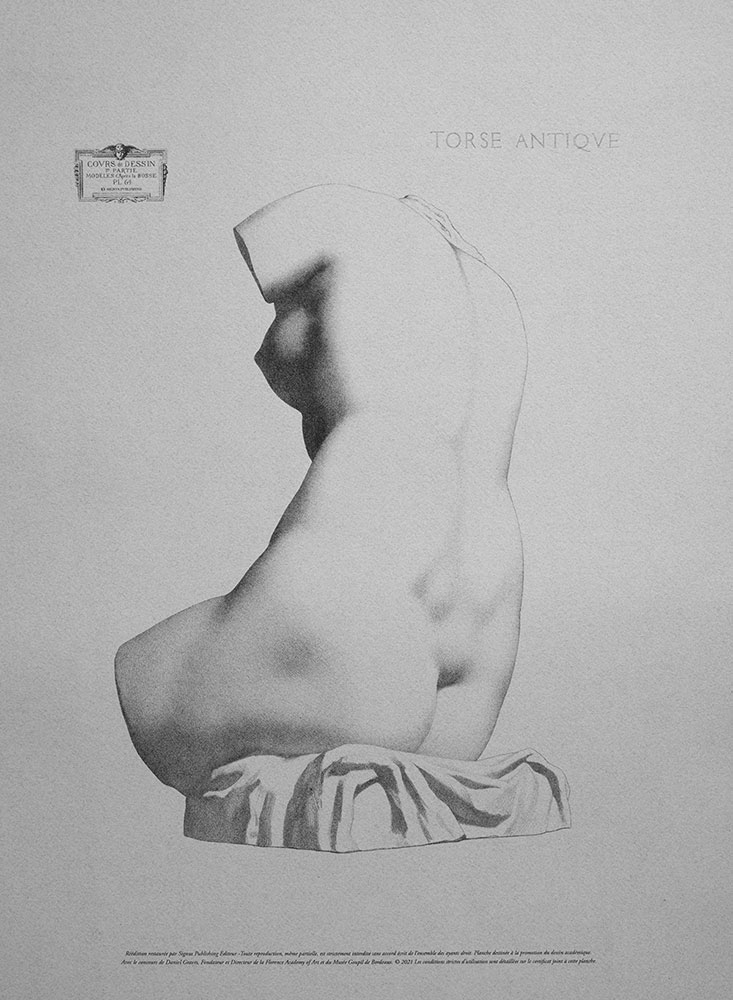Why professional artists sharpen their pencils like needles.
In the world of drawing, every detail counts. Whether you’re a beginner or an experienced artist, the quality of your tools can have a significant impact on the precision and finesse of your work. An often underestimated but incredibly effective technique for improving your drawings is to sharpen your pencils like needles. This method, which may seem excessive at first glance, offers a multitude of advantages that can transform the way you draw.
In the world of drawing, every detail counts. Whether you’re a beginner or an experienced artist, the quality of your tools can have a significant impact on the precision and finesse of your work. An often underestimated but incredibly effective technique for improving your drawings is to sharpen your pencils like needles. This method, which may seem excessive at first glance, offers a multitude of advantages that can transform the way you draw.

Sharpening pencils or charcoal: an art in itself
The principle behind this method is simple, but requires a little practice and patience. Start by removing 5 to 6 cm of wood from the pencil shaft, thus freeing up a long section of lead. Then use sandpaper to refine this lead into an extremely long, fine point. The secret is to work very delicately, without applying too much pressure, taking care to support the lead with your index finger to limit the risk of breaking the lead.
Vertical precision and horizontal shading
Once your pencil is sharpened like a needle, it becomes a versatile tool for a variety of drawing styles. When you hold the pencil vertically, you can achieve exceptionally precise detail. You’ll be able to draw hair-thin lines, or fill in a tiny hollow in the grain of paper left white on a surface of some value. This finesse is ideal for work requiring sharp lines and meticulous contours, such as highly detailed realistic portraits.
Conversely, by laying the lead almost parallel to the paper, you can trace shaded surfaces with great fluidity. This position creates thicker, lighter strokes, perfect for quickly sketching a subject while maintaining remarkable precision. This technique is particularly useful for sketching and drawing outdoors, where speed and precision are essential.
A wider field of vision
Another significant advantage of this technique is that it offers a wider field of vision around the area where you are drawing. A finely cut lead doesn’t obscure the work area, so you can see exactly where you’re placing your strokes. This enhanced visibility improves precision and control, allowing you to correct and adjust your drawings with greater ease.
Pencil and charcoal: the technique is the same
It’s important to note that this sharpening method is not exclusive to graphite pencils. Charcoal pencils can also be sharpened in this way, without the need for wood removal, offering the same advantages in terms of precision and versatility. Whether you’re working with pencils or charcoal, applying this technique can considerably improve the quality of your drawings.
Delicacy in sharpening: finding the right balance
Finally, it’s crucial to stress the importance of delicacy when sharpening lead and charcoal. A light hand is essential to avoid breaking the point, because once it’s broken, it’s gone for good. By developing a gentle, controlled sharpening technique, you’ll maximize the effectiveness of your tools while preserving their integrity.
Artistic Transformation through the way you sharpen your pencils
Adopting the technique of sharpening pencils like needles can transform your approach to drawing. By offering greater precision, stroke versatility and a wider field of vision, this method enables you to unleash your full artistic potential. Whether you’re drawing detailed portraits or quick sketches, this technique helps you achieve a level of finesse and control you may never have imagined.
So, the next time you get ready to draw, take the time to sharpen your pencils and charcoals with care. You’ll find that this simple step can make a huge difference to the quality and precision of your art. Stay tuned for our next article, where we’ll explore further details and new techniques to enhance your artistic practice.
10 strategies for artists in need of guidance.
Inspiration can sometimes be fleeting, leaving even the most passionate artists feeling lost and searching for direction. Whether you paint, draw or sketch, it’s perfectly normal to go through periods when inspiration seems distant and creativity at half-mast.
In this series of articles, we’ll explore 10 practical tips to help artists find their personal path and unleash their creative potential. From finding new sources of inspiration to exploring creativity-boosting techniques, these tips are designed to help you overcome artistic blocks and rediscover the passion that drives you.
Piet Herzeel
Piet Herzeel has helped many artists achieve their goals. His approach and vision of the artistic journey is personal and original, but full of common sense and efficiency.
Disclaimer: As a Swiss citizen born in Paris, his command of the English language is sometimes imperfect. He can sometimes be inaccurate when writing his articles in English. If you see an error, don’t hesitate to make a suggestion, for which he thanks you in advance.
we’re here to all your questions
Use the button below to send a message to Piet Herzeel, who will answer your question. Depending on the subject, your mail may be forwarded to another member of the team, who will reply personally or send you to an article that answers your question. Please accept that replies may take a few days to reach you.